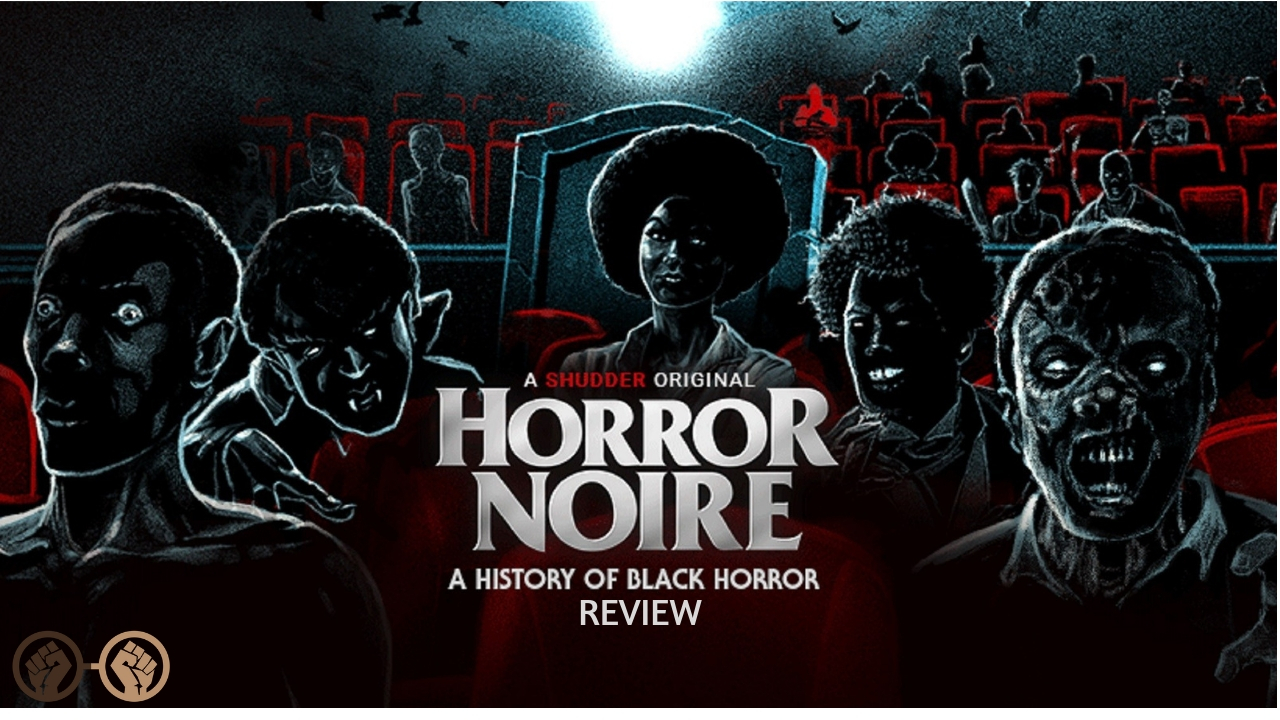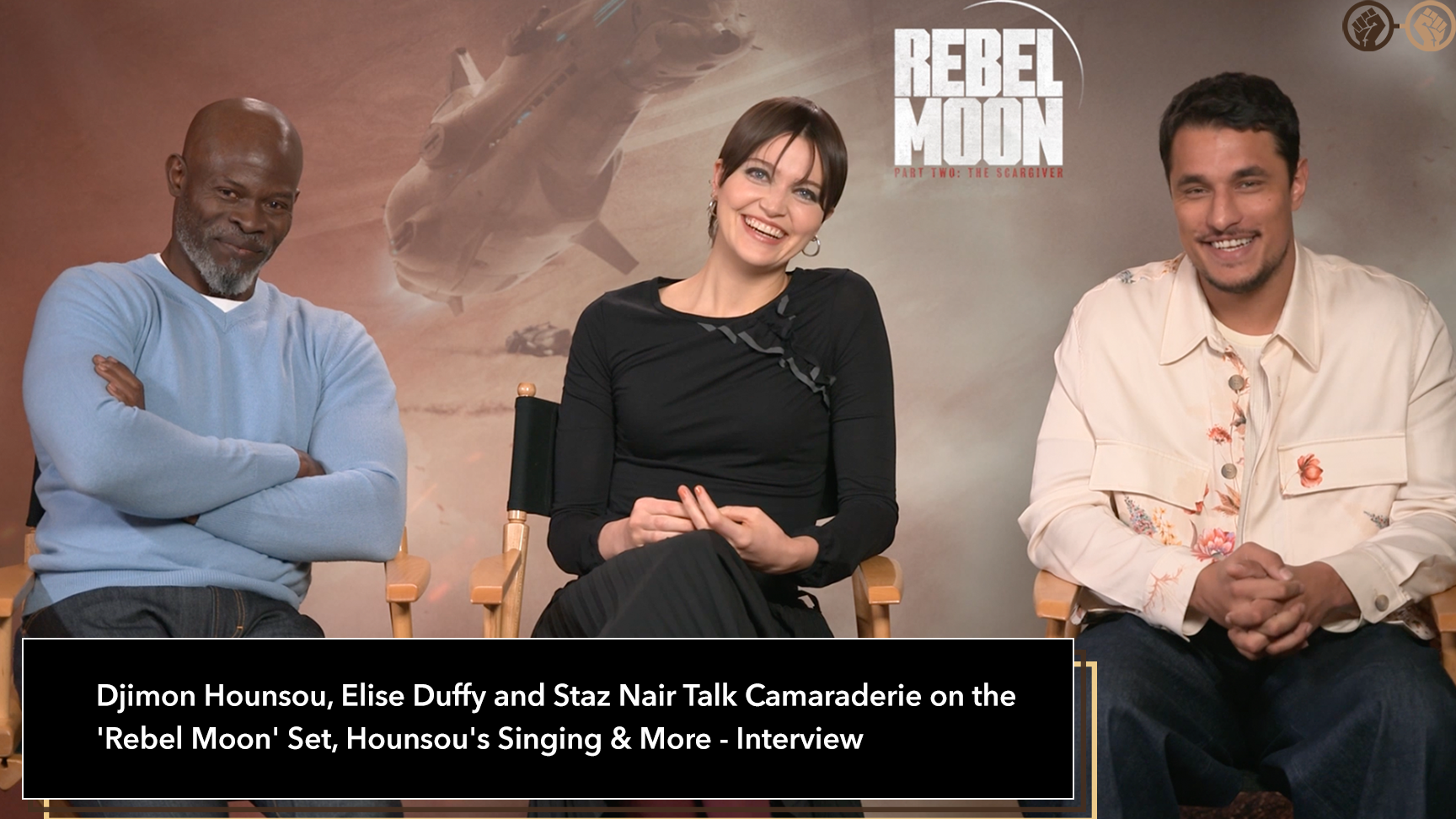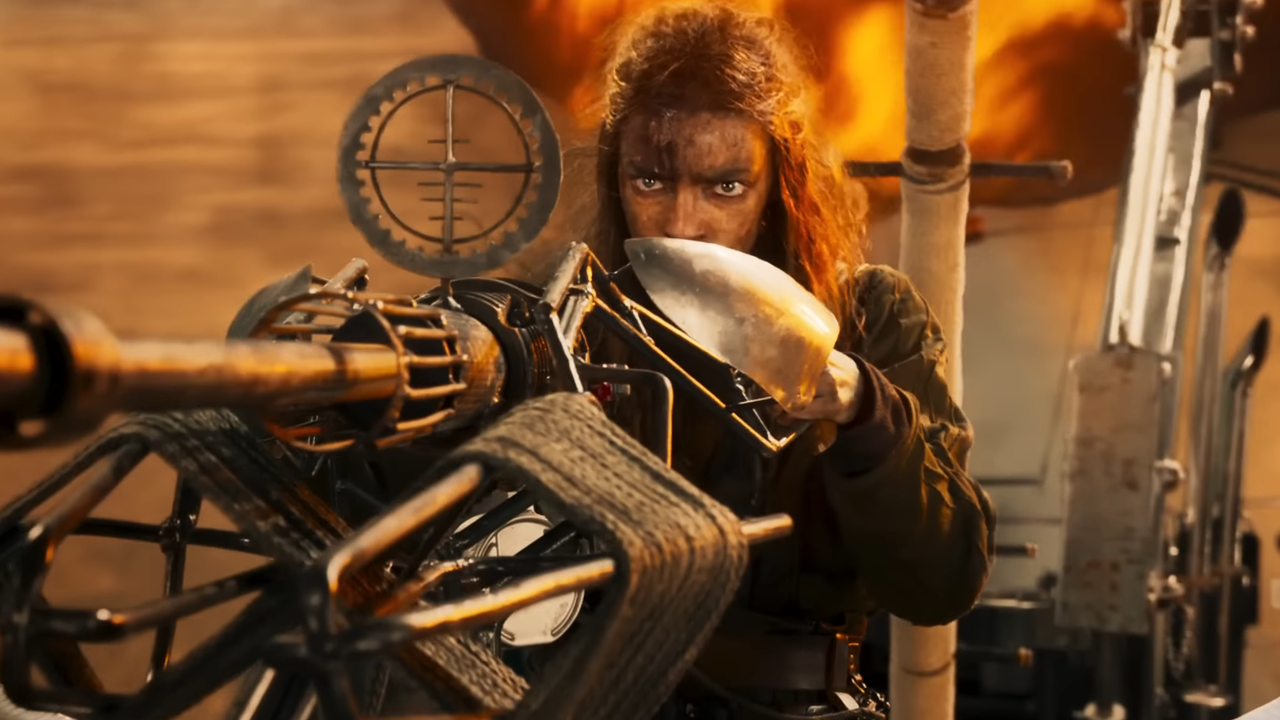I’ve always loved horror, even at a young age. My mom let me stay up to watch scary movies when I was probably way too young, but I am grateful she did. I could never really explain why I loved a genre that strives to make me uncomfortable, but Xavier Burgin’s Horror Noire: A History of Black Horror—based on Robin R. Means Coleman’s book of the same name— explains it perfectly: Horror targets the uncertainty in our emotions and sensations in such a peculiar way, and we have no choice but to be enthralled. However, there is a serious issue in the genre that serves as the thesis of Coleman’s book and this documentary: black representation in horror.
This doesn’t just mean black people being in horror movies (which is rare for one of the most prolific genres), but the role black people play and the tropes that are perpetuated through these representations. For the most part, these roles and tropes have been problematic at best. These roles go beyond the “token black character” (which is not exclusive to horror) and many black characters in horror (or horror adjacent genres) are the all-knowing black character, the magical negro (a term popularized by Spike Lee), and the infamous sacrificial black character. Have you ever heard the joke about the black person always dying first in the scary movie? We all have; it is perhaps the most famous of roles for black performers in a horror film. We’ve all seen it many times. The problematic tropes are just as intricate. Sometimes it’s as blatant as the black man constantly lusting over the white woman, or as hidden as the black character’s only purpose is protecting the white protagonist(s).

Fortunately, this issue has gotten better with time, but it’s important to understand where we started in horror and how we got to where we are today. As Tananarive Due states in the documentary’s first few minutes, “We’ve always loved horror. It’s just that, unfortunately, horror hasn’t always loved us.” As bold as the subject matter, this documentary doesn’t hold anything back, starting with DW Griffith’s Birth of a Nation. This 1915 movie (praised by President Woodrow Wilson) glorifies the KKK for combatting their horror: a black man. Everything about this movie is disgusting, but the worst part is the fact that it truly exists. It’s about a black man (played by a white actor in blackface, of course) lusting after a white woman, terrorizing the whole town with the rest of his black community. This movie serves as the documentary’s reference point for how far (or not-so-far) we’ve come in terms of representation.
I thought I knew everything about horror, but I was wrong. As a rule of thumb, I always try to jot down some notes whenever I’m watching something I have to write about. This documentary had me writing down notes with every other sentence the guests were saying. I learned so much about the behind-the-scenes of black horror movies that I already loved. Did you know that the main character from Night of the Living Dead, Ben, wasn’t written with a race in mind? Duane Jones happened to have the best audition, and so the best zombie movie starred a black man. That’s fantastic. The documentary’s guests also mentioned numerous movies some horror fans may be unaware of and will certainly be put on a watch list.
Speaking of guests, this documentary is star-studded. From talented actors who have played iconic roles such as Tony Todd (Candyman trilogy) and Loretta Devine (Urban Legend trilogy), to talented directors who have directed iconic horror like Jordan Peele (Get Out) and William Craine (Blacula series). They all give commentary on the evolution of representation, either explaining their role in horror or how horror affected them personally.
The thing that blew me away the most was what the documentary’s spectacular insight revealed to me about the genre, even beyond the representation. The commentary carefully follows the evolution of black representation on-screen, all while connecting it with what was going on in the world. Connecting the dots between how it these images affected black people’s attitudes, or attitudes toward black people. Perhaps this was ignorant of me, but the correlation between the atomic scare of the 50s and 60s, and the science-fiction horror that populated cinemas then, never occurred to me. If I never thought of something as intuitive as that, you can best believe I didn’t even consider the fact black people had no roles at all in those movies because black people being involved anywhere in the scientific field was unheard of.
All in all, I am so grateful I had the chance to see this documentary. I learned so much about the genre, gained a better understanding of the issue of black representation, and also got many fantastic movie recommendations. Horror Noire is out exclusively on Shudder, and I urge everybody who loves the genre to watch it ASAP! Trust me, you won’t regret it.
Nothing but love.






Leave a Reply